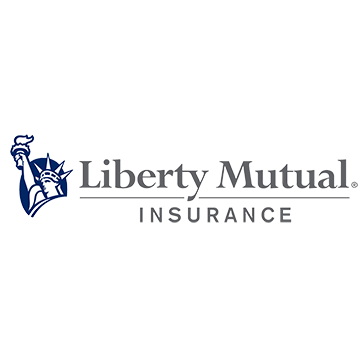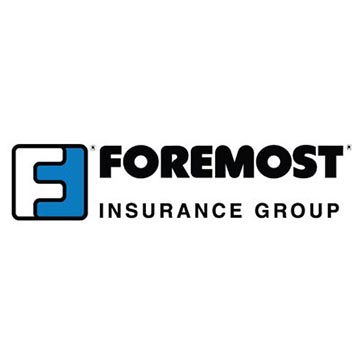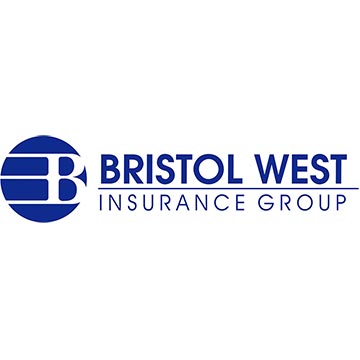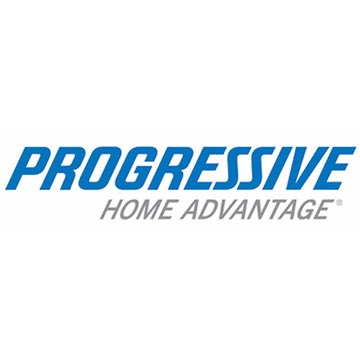Getting to Know Your Homeowner's Policy
The standard homeowners form used by the insurance industry today covers many water related claims, mainly from water that is "supposed to be in your home."
Start a Quote Online Find an Agent
The standard homeowners form used by the insurance industry today covers many water related claims, mainly from water that is "supposed to be in your home." This would include water from burst or frozen pipes, water heater failure, or water supply lines to ice makers in your kitchen, for example. The questionable scenarios are when the water is not supposed to be in your home and has leaked, seeped, or been blown in. Basically, the source of the water will determine the question of coverage. In order to be covered, it needs to have been a sudden and accidental issue, rather than some type of deferred maintenance problem, as those can be excluded.
Does your homeowner policy have an endorsement added to it that would offer coverage for backup of water from sewer or drain?
This optional form is reasonably priced, and even though it is simple in title, can vary in what it intends to cover from company to company. Companies base these differences on the source of the water that caused the sewer or drain backup—water originating on the premises, or water that came from a volume of storm water rushing into a city storm drain system, for example. Read your policy, and call with any questions you may have.
What is a flood?
Before you can really start to understand flood insurance, you must first know what a "flood" is. The National Flood Insurance Program defines a flood as... "A general and temporary condition of partial or complete inundation of two or more acres of normally dry land area or of two or more properties (at least one of which is your property) from
What is Flood Insurance?
Because flood is not a covered peril under standard property insurance contracts, property owners must purchase a separate flood insurance policy to protect them from flood risks. If your property is located in a flood plain, an area that is at high risk for flooding, your mortgage company will require that you carry flood insurance. However, many areas that are nowhere near a flood plain were damaged by flood as a result of the massive amounts of precipitation that occurred during the June 20th storm, leaving homeowners scratching their heads about whether they need a flood policy.
Flood insurance is a single—peril policy, meaning that it only covers damages as a result of flood. Property owners must purchase flood coverage for their building and its contents, which will pay for direct physical damage up to the limit of the policy.
Insurance flood rates are based mainly on the location of the building and whether or not it is located in an area of high flood risk. As an example, we compared two flood quotes using identical homes. A typical flood insurance policy with a $100,000 limit on the building and a $40,000 limit on its contents would cost the insured $294.00 per year if it were located in an area of very low flood risk. The same building with the same coverage would cost the insured around $1,619.00 per year to insure for flood if it was located in a high —risk flood zone.
Understanding flood insurance requires that you understand the limitations of those policies as well. Damage to areas of a home that is considered the basement, or any area below ground level (a crawlspace or walk—out basement, for example) are limited under a flood policy. Be sure to discuss those limitations with your agent when considering a flood policy.
Your responsibilities as an insurance consumer:
Hopefully, the information in this newsletter has left you feeling a little more informed when it comes to the intricate details of flood insurance. Remember that your agent is there to assist you whenever you have questions or concerns relating to your insurance.
Whether or not you decide to purchase flood insurance, there are a few things you should remember the next time you find your home has been damaged by a storm.
- It is your immediate responsibility to make emergency repairs to prevent further damage to your home, such as sealing a broken window or removing excess debris and water. Save your receipts from any repairs you make.
- Report the claim promptly, but wait to make permanent repairs until a claims representative has had the opportunity to assess the damage.
- Although the repairs have to wait until the damages have been assessed, it is a good idea to line up a contractor as soon as possible.
- Always use a local contractor who is licensed and insured. Don't forget to check references.

We'll Shop Around So You Don't Have To
Start a quote by filling out our online application providing us with the basic information we need to perform a quote. It only takes a few minutes and we'll respond within one business day.
Start a Quote Contact UsWe're Hiring
We're looking for industry experienced folks to join our team. Contact us at 406-652-4180 to inquire.
Is there a Value to Having a Local Agent?
There is no doubt that we've all seen better times in the insurance marketplace. We all feel a bit helpless as prices go up, policy terms change and we wonder if there is anything we can do.
service auto homeWhat Matters, and When it Matters
When purchasing insurance, most people are naturally focused on price. While researching the best price, nobody is envisioning themselves sitting in a waiting room of body shop or discussing restoration repairs after a natural disaster.
home homeWhat Matters, and When it Matters
When purchasing insurance, most people are naturally focused on price. While researching the best price, nobody is envisioning themselves sitting in a waiting room of body shop or discussing restoration repairs after a natural disaster.
home homeOur Insurance Partners











— Protecting Everything You Value Most —
Darnielle Insurance is available to answer your questions. We are located at 1320 28th Street West, Billings, MT 59102. Give us a call at 406-652-4180.